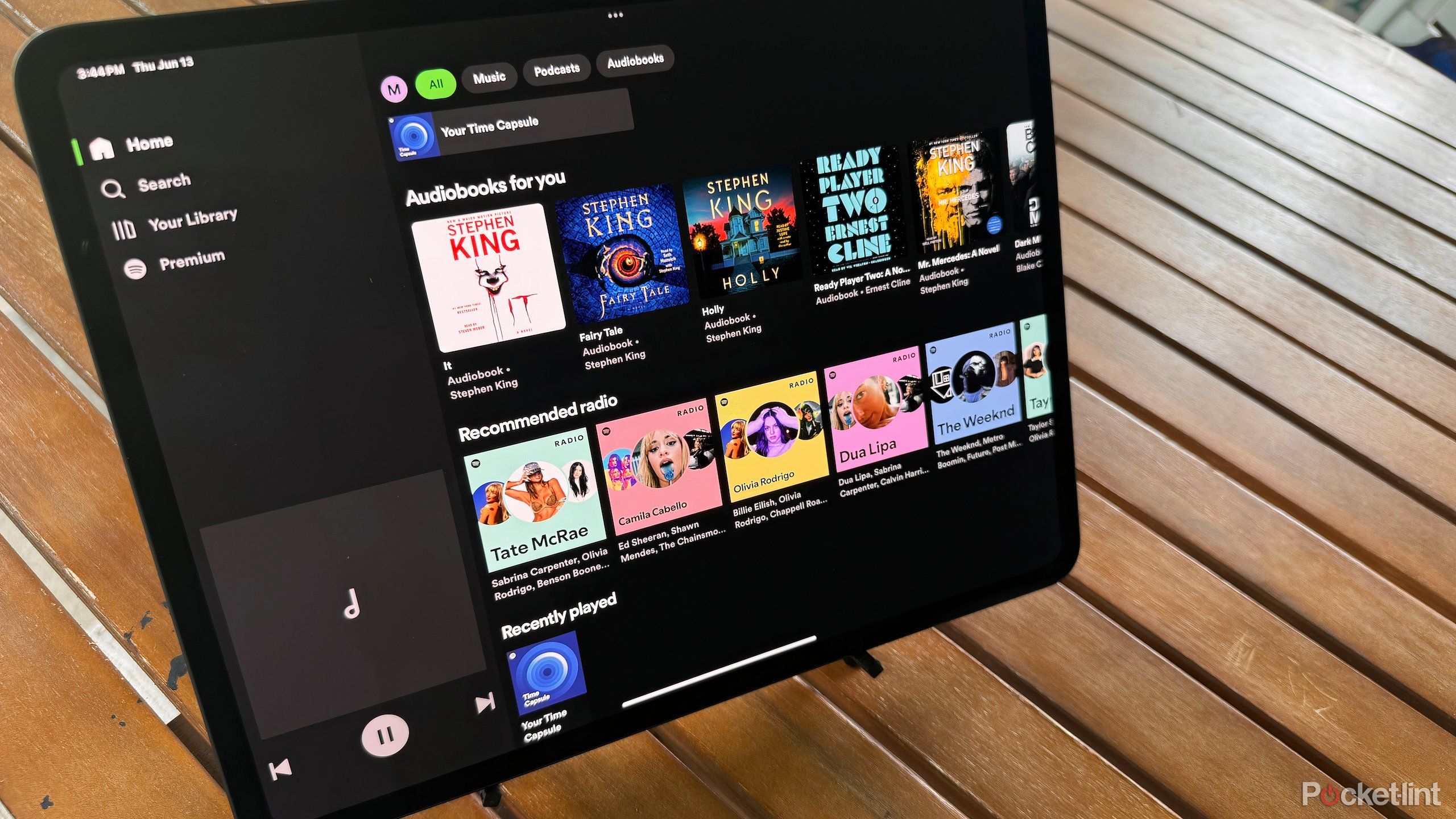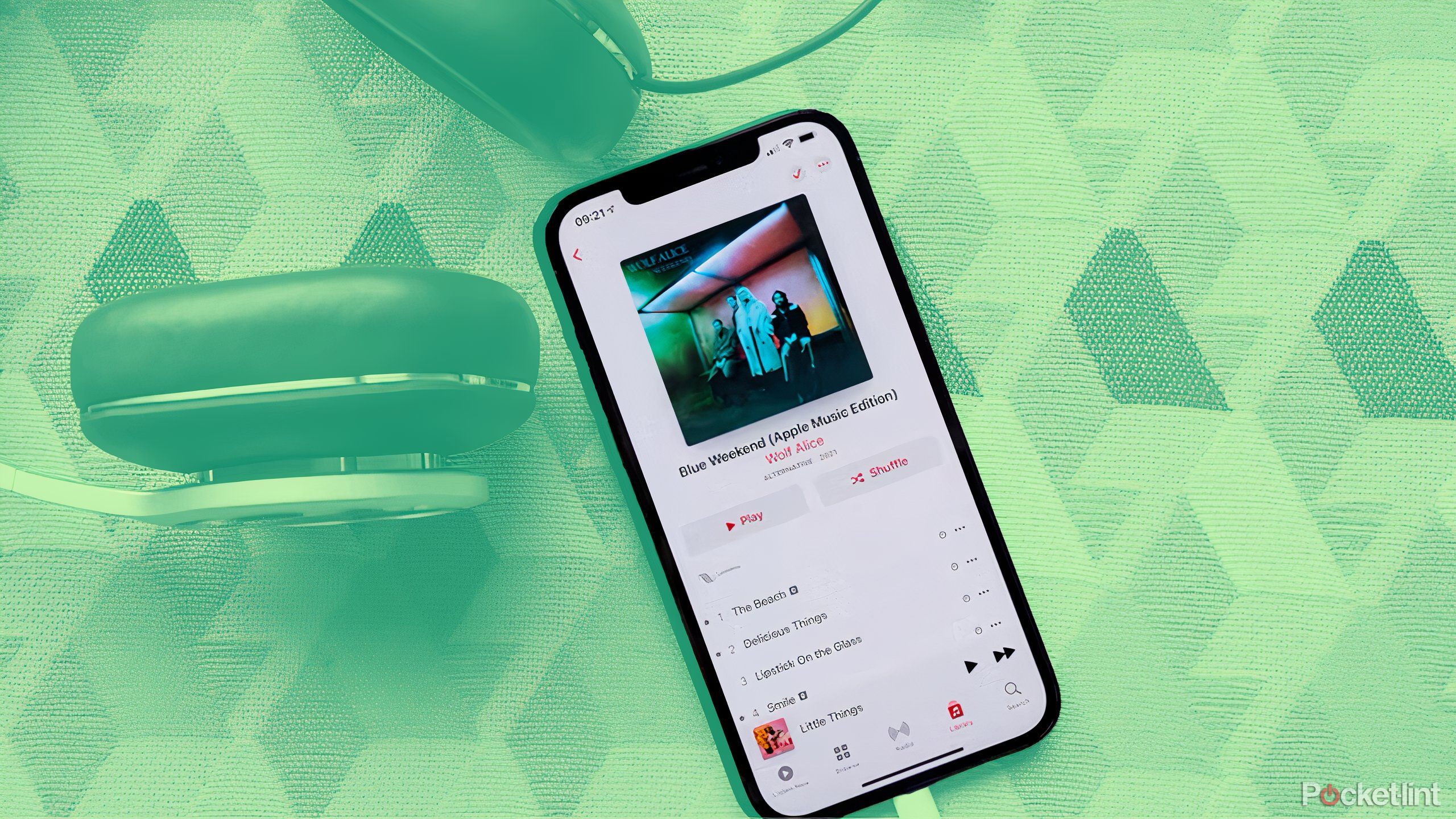Key Takeaways
- Spotify doesn’t have a lossless audio option, unlike some of its competitors.
- Lossless quality probably won’t be noticeable on your average sound system.
- The technology should eventually come to Spotify through its upcoming HiFi plans.
Though it may be controversial at times, Spotify is indisputably the most popular on-demand music service in the world. It’s a must-have service for many smartphones and smart home devices, and a platform that many musicians can’t ignore. Apple and Tidal may pay artists well, but that means little if there aren’t enough fans streaming their albums.
One small point of contention concerns audio quality: so does Spotify have a lossless option?
Spotify
- Premium Subscription
- $11.99/month
- Free Trial
- yes
- Advertising Plan
- Free to add
Does Spotify use lossless audio?
The big question for audiophiles
Unfortunately, no. There are four compression quality settings: Low, Normal, High and Best. Note that you can choose separate settings for live streaming and offline media. For example, you can choose Best for streaming over a gigabit landline connection, but only Normal for offline music to minimize your storage footprint.
The company will finally add a lossless option to its long-delayed “ultra-premium” subscription, HiFi, which was first announced in February 2021 and will cost around $17-18 per month, according to CEO Daniel Ek. Rumors suggest the additional features could include better library management, AI-enhanced playlists, headphone optimization, and more. It’s unclear when HiFi will be available.
Why is lossless audio important?
If you have quality speakers you might notice a difference
For many listeners, lossless isn’t it. Lossless offers the highest quality possible, but most sound systems won’t tell the difference from higher quality compression. You probably won’t notice anything on AirPods or Pixel Buds, or most standalone room speakers. If you’re listening on a smartphone or tablet, lossless should generally be avoided; the benefits of lossless can be offset by the loss of storage and slower download speeds.
Competing services like Tidal, Apple Music and Amazon Music Unlimited have offered lossless for some time.
But for those with top-of-the-line speakers and headphones, it might be of some use. Spotify’s lack of offering this option is unusual in the industry; rival services Tidal, Apple Music, and Amazon Music Unlimited have offered lossless for some time, so most Spotify customers will probably stick with their free or premium subscriptions, but on a marketing level, the absence looks bad.
On the corporate side, Spotify’s biggest concern is undoubtedly maintaining profitability. The company only started turning a profit in 2024, but licensing fees remain a major obstacle, and lossless could be a way to extract more money from wealthy customers.



